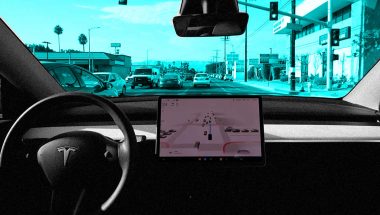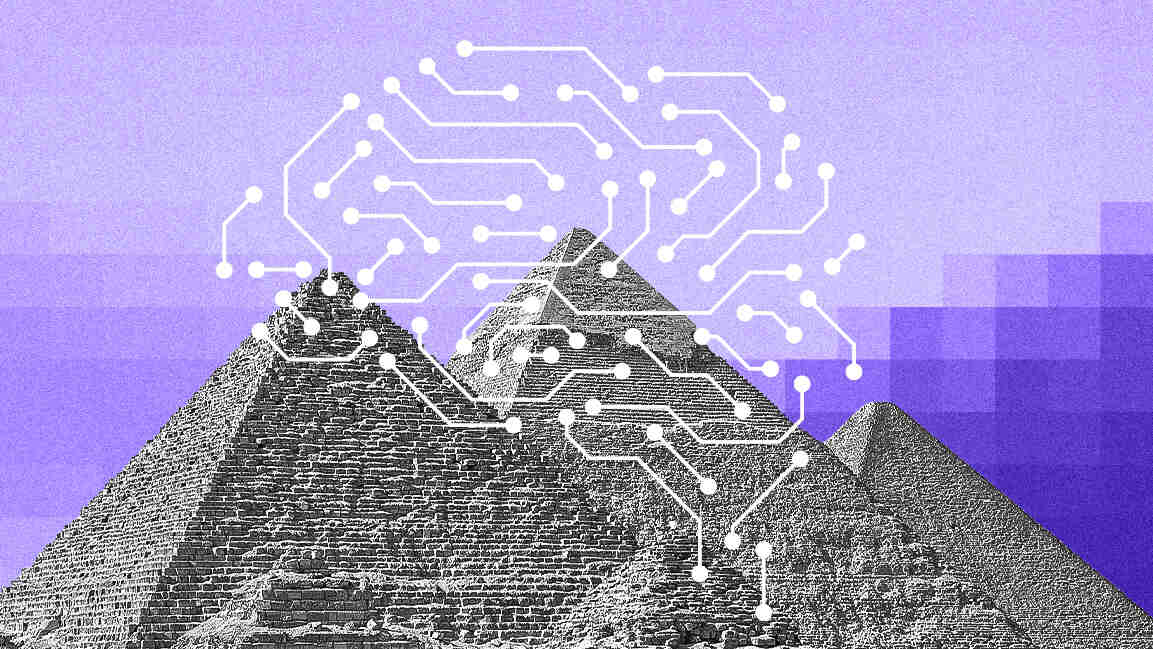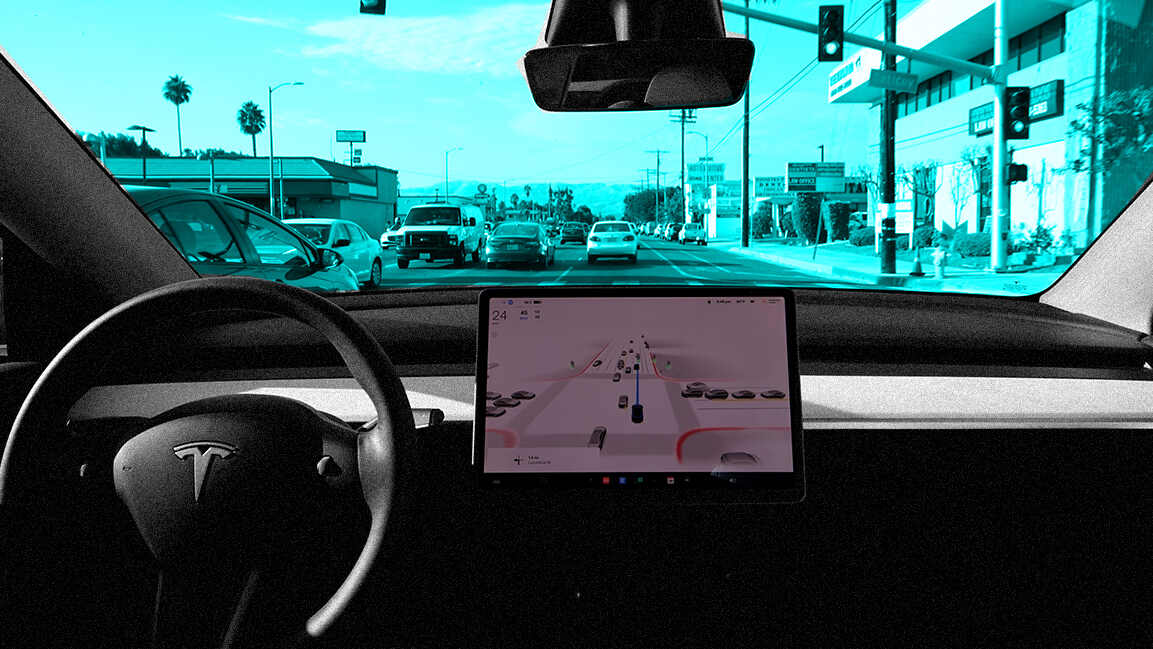- | 9:00 am
The GCC is making a bold move in AI. Not just building Infrastructure, but shaping its future
Backed by AI infrastructure, strategic partnerships, and visionary leadership, the GCC countries are forging a new path—one that doesn’t mimic Silicon Valley, but redefines the very idea of a global innovation hub.

There’s a race to create AI hubs that will lure the best minds – and investors with the deepest pockets. While not replicating Silicon Valley and adopting its culture, GCC countries are writing a new playbook, driven by bold ambition, strategic investment, and calculated risk.
AI is no longer a future ambition in the Gulf, it’s a core pillar transforming national strategies.
“When you look at the factors that made Silicon Valley successful, the Gulf today mirrors that formula—and in some ways, improves upon it,” says David Boast, General Manager – UAE & KSA at Endava. He points to a powerful mix: visionary governance, access to capital, talent attraction, risk-taking culture, and robust infrastructure with global connectivity.
Initiatives like Saudi Arabia’s Vision 2030 and the UAE’s National Strategy for Artificial Intelligence 2031 demonstrate long-term, government-led commitment, and the leadership setting the tone.
Tassos Peppas, Regional Director for Middle East, Southeast Europe, Turkey, and Central Asia (MEETCA) at Vertiv, echoes this sentiment, highlighting the region’s coordinated transformation from oil economies to technology powerhouses. Notable milestones include the UAE’s Ministry of State for Artificial Intelligence and Abu Dhabi’s positioning as the region’s AI capital.
This ambition is backed by significant investment. Saudi Arabia is rolling out major projects such as DataVolt 1.5 GW AI data center in NEOM, which is entirely powered by renewable energy and expected to be operational by 2028, and the Humain initiative, backed by NVIDIA, AMD, and AWS. The Public Investment Fund (PIF) has earmarked $40–100 billion for AI, data centres, and chip development.
In the UAE, the Stargate AI campus in Abu Dhabi—a 1–5 GW facility attracting OpenAI and Microsoft—underscores a similar vision. The $100 billion MGX fund, supported by Mubadala, G42, BlackRock, and Microsoft’s expanding Azure regions in Abu Dhabi and Oman, further demonstrates a commitment to building a thriving AI ecosystem.
Furthermore, purpose-built infrastructure continues to take shape across the GCC, from NEOM, Modon, and Spark in Saudi Arabia to KEZAD, Masdar, and iCAD in the UAE. These high-density, liquid-cooled, and increasingly renewable-powered data centres in the region are laying the groundwork for AI at scale, says Peppas, adding that Vertiv is working closely with global tech leader partners such as NVIDIA to help turn that vision into reality through next-gen infrastructure.
AI ADOPTION AS BUSINESS IMPERATIVE
The region’s AI momentum isn’t just strategic, it’s commercial. Boast highlights a striking level of confidence in AI among UAE business leaders, with their research demonstrating that four in five decision-makers trust AI to handle budgets, compensation, hiring, and performance. AI is no longer just a tool—it’s becoming central to corporate decision-making.
From Endava’s perspective, high-performance, locally hosted data centres are critical to enabling real-time analytics, predictive modelling, and secure, scalable storage. For startups like Seez, access to such infrastructure is a game-changer.
“Local data centers aren’t just about compliance,” says Andrew Kabrit, co-founder and Chief Product Officer of Seez.“They’re fundamentally changing what we can build.”
The drop in latency—from two seconds to just 200 milliseconds—has transformed AI from a support tool into a fully immersive customer experience, says Kabrit, adding that it enables their AI solution to further engage in natural conversations, understand Arabic dialects, and offer hyper-local insights, such as buying trends during Ramadan or market differences between Saudi Arabia and the UAE.
Local GPU clusters also accelerate experimentation, enabling faster prototyping and daily iteration, giving companies a clear competitive edge. “This is more than technical infrastructure, it’s the foundation for an entirely new economy,” says Kabrit. “Just as oil transformed this region in the 20th century, AI infrastructure will define its role in the 21st.”
GEOGRAPHY, PARTNERSHIPS, AND A GLOBAL EDGE
Geography adds to the GCC’s strategic advantage. Positioned at the crossroads of Europe, Asia, and Africa, the region is ideal for latency-sensitive AI applications and global data flows, and international players have taken notice. “Major tech leaders like Nvidia, OpenAI, and Oracle are making strategic investments in the UAE and Saudi Arabia,” says Peppas. The Stargate project in Abu Dhabi, a collaboration between Oracle and OpenAI, is a prime example.
These partnerships go beyond capital, accelerating infrastructure deployment and fostering knowledge transfer in the region. “What’s particularly valuable is the technical collaboration and local capability building,” Peppas adds. “This blend of global expertise and regional ambition is proving to be a powerful catalyst for the Gulf’s emergence as a global technology hub.
CULTIVATING THE TALENT POOL
While infrastructure grows rapidly, talent remains a limiting factor. “The entire GCC probably has fewer than 5,000 specialized ML engineers, while China has over 300,000,” says Kabrit. “We’re all fighting over the same talent pool. Imagine what we could build together if we could 10x our regional ML workforce to 50,000 engineers in the next five years.”
A stronger investment in human capital, through partnerships with universities, AI bootcamps, and residency programs is essential.
Boast frames talent development as a layered journey. The first layer supports the infrastructure build, requiring cloud architects, data engineers, cybersecurity experts, and sustainability officers. The next phase focuses on value creation, bringing in data scientists, ML researchers, AI ethicists, and strategy professionals who can scale innovation and impact.
Peppas points to positive momentum in talent development across the region. Saudi Arabia’s Future Skills and Digital Academy initiatives, the UAE’s National Program for Coders, and institutions like MBZUAI are laying the groundwork. Qatar, Oman, and Bahrain are also advancing national AI strategies focused on education and research.
Still, the pace of digital transformation outstrips talent supply, says Boast. In response, governments are doubling down. Saudi Arabia’s One Million Saudis in AI aims to dramatically upskill the national workforce, while the UAE’s Golden Visa program attracts top international talent.
WHAT’S STILL MISSING?
Despite impressive progress, Kabrit believes that in addition to cultivating the talent pool, AI and cloud providers must democratize access and ensure affordability.
“Accessing GPU power still feels like joining an exclusive club,” he says. “We need AWS-style simplicity: click, deploy, scale.” When it comes to cost, Kabrit also points to the need for affordable pricing. “It’s paradoxical that in a region with some of the world’s cheapest electricity, we’re still paying premium prices for compute,” he adds. “Startup credits help, but they’re band-aids. We need flexible, experimentation-friendly pricing to truly unlock innovation.”
He underlines the importance of AI-ready services and edge computing, especially for sectors like automotive, noting that the infrastructure is coming online: “But the Gulf’s success depends on how accessible, affordable, and talent-rich we make the ecosystem.”
Boast agrees that long-term success will also hinge on supporting local startups, fostering industry-academia partnerships, and embedding innovation within agile regulatory frameworks. “We need to retain intellectual property and strategic autonomy,” he says.
Collaboration among regulators, business leaders, and the broader community is necessary. “We must stay agile, address unintended consequences quickly, and foster inclusive dialogue. That’s how we build sustainable value—and establish the GCC as a global thought leader in AI,” adds Boast.







































